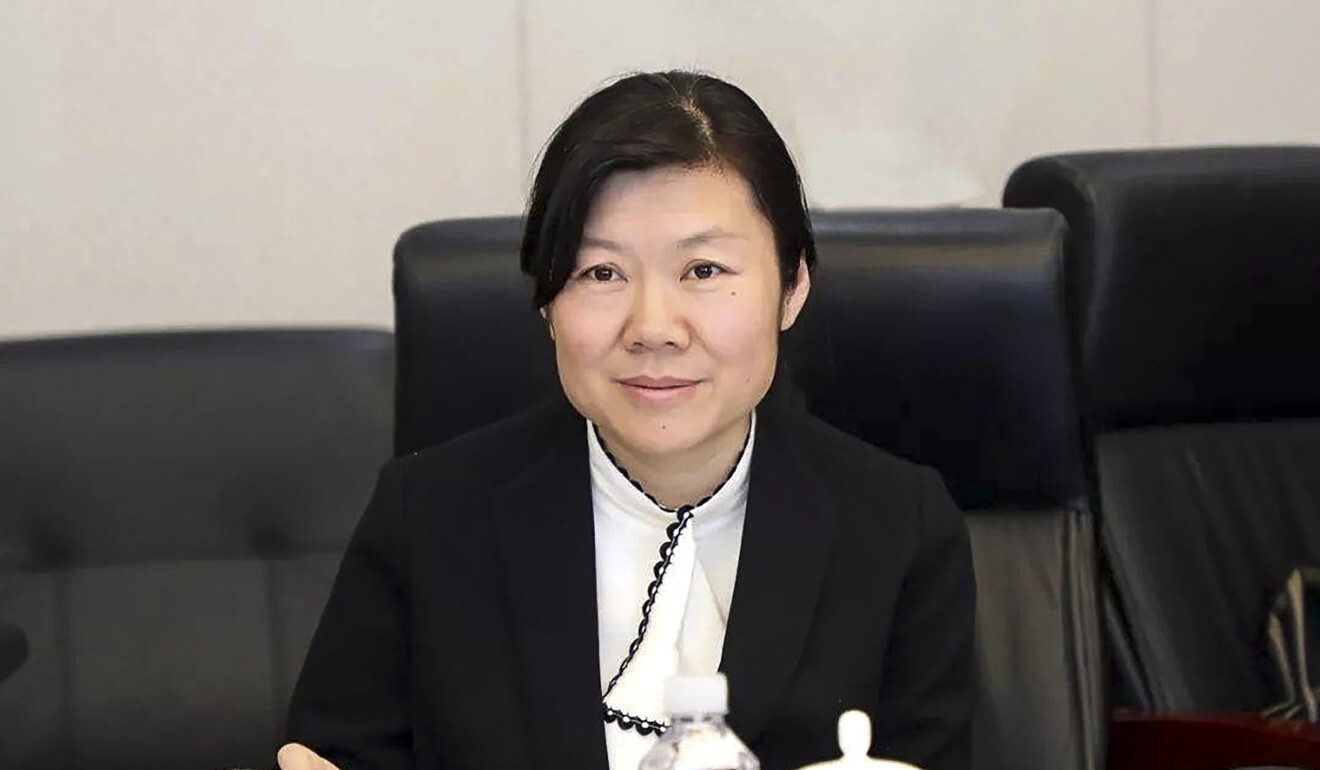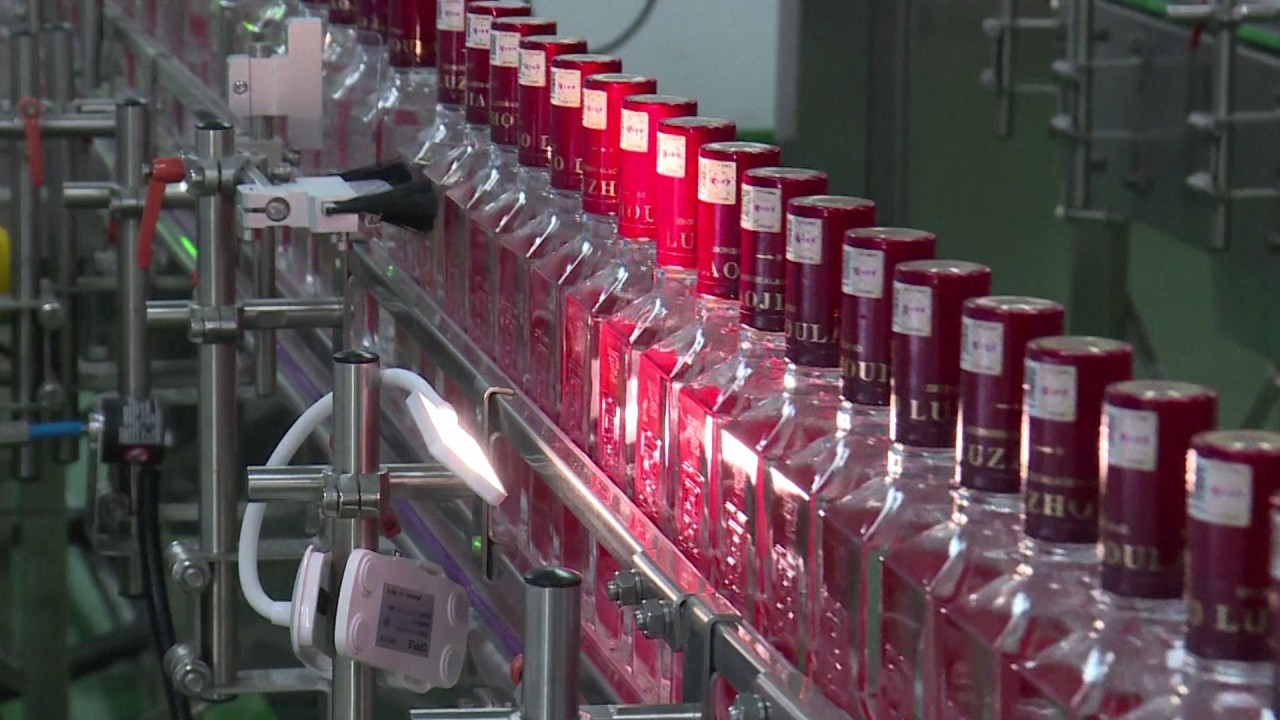
Moutai expert’s honour nomination gives China academics a headache
- Recommendation of chief engineer for China’s best known liquor brand revives debate about how scientific excellence is rewarded
- Selection process for science and engineering academicians called into question over objectivity and fairness
The nomination of a drinks expert to the highest ranks of academia has sparked a heated debate in China, with many questioning the objectivity and fairness of the honours system.

Wang Li, 48, chief engineer and quality officer for Kweichow Moutai – the country’s best known brand of Mao-tai and the late Chairman Mao’s favourite tipple – was quickly dubbed the “liquor academician” on Chinese social media after the news broke on February 8.
It was a hark back to a previous case when Xie Jianping – who was called the “tobacco academician” – was elected to the CAE in 2011 for his research into refining low-tar cigarettes. Xie’s appointment raised similar questions about the selection process.
Academicians – yuanshi – are full members of either the CAE or the Chinese Academy of Sciences (CAS) and are usually chosen from the country’s leading research institutions, universities, major businesses and industries.
According to Wang’s biography on Kweichow Moutai’s official website, she has “made active explorations and contributions in the scientific research field of Mao-tai” and won second prize in the National Technical Invention Awards.

01:56
Baijiu, China's national spirit, seeking markets abroad where taste still fails to intoxicate
Some media reports also asked whether Wang’s nomination sent the wrong message to the public, as it could be seen as an endorsement for alcohol consumption.
The CAE issued a statement on Thursday afternoon to clarify that Wang’s nomination was still at the preliminary stage and she was not yet an “effective candidate” for the 2021 selection.
The controversy is the latest in a string of criticisms in recent years over the selection of academicians, which has included claims of cronyism and corruption and led to demands for a change in how scientists are promoted in China.
“We need to explore why Tu Youyou failed to be selected after she was nominated several times … there are still many problems in the system and mechanism of China‘s scientific and technological work,” Wang Yuanfeng, a professor in Beijing, said.
The Guizhou Association for Science and Technology said Wang was qualified for the honour because of her awards, published scientific papers, academic qualifications and contributions to industry. Her nomination had been conducted in accordance with the “relevant rules and procedures”, it said.
“The relevant regulations do not rule out candidates from the food industry,” said an association official, who declined to comment on the public criticism of Wang’s qualifications and attributed some of the commentary to the brand’s high profile. “The Mao-tai liquor itself easily draws attention,” she said.
According to state news agency Xinhua, the selection process – which takes place every two years – was launched in January, with the CAE planning to admit up to 88 new members this year. The CAE said it was placing special emphasis on experts who have worked in remote western China as well as in frontline roles in engineering science and private enterprise.

